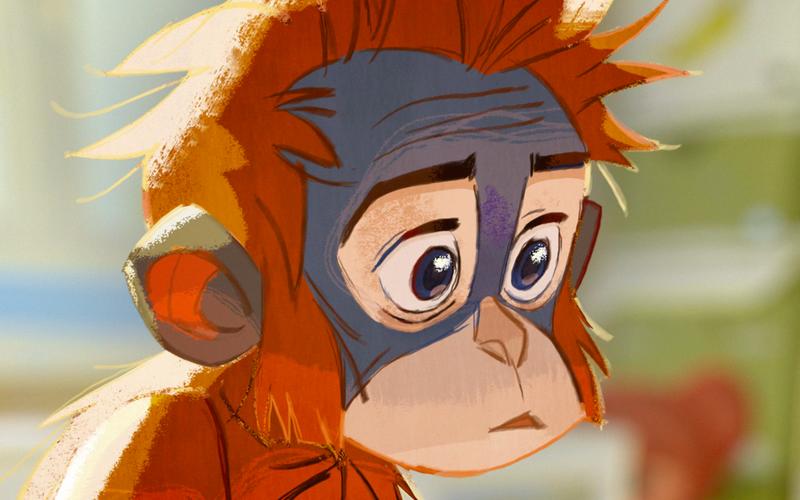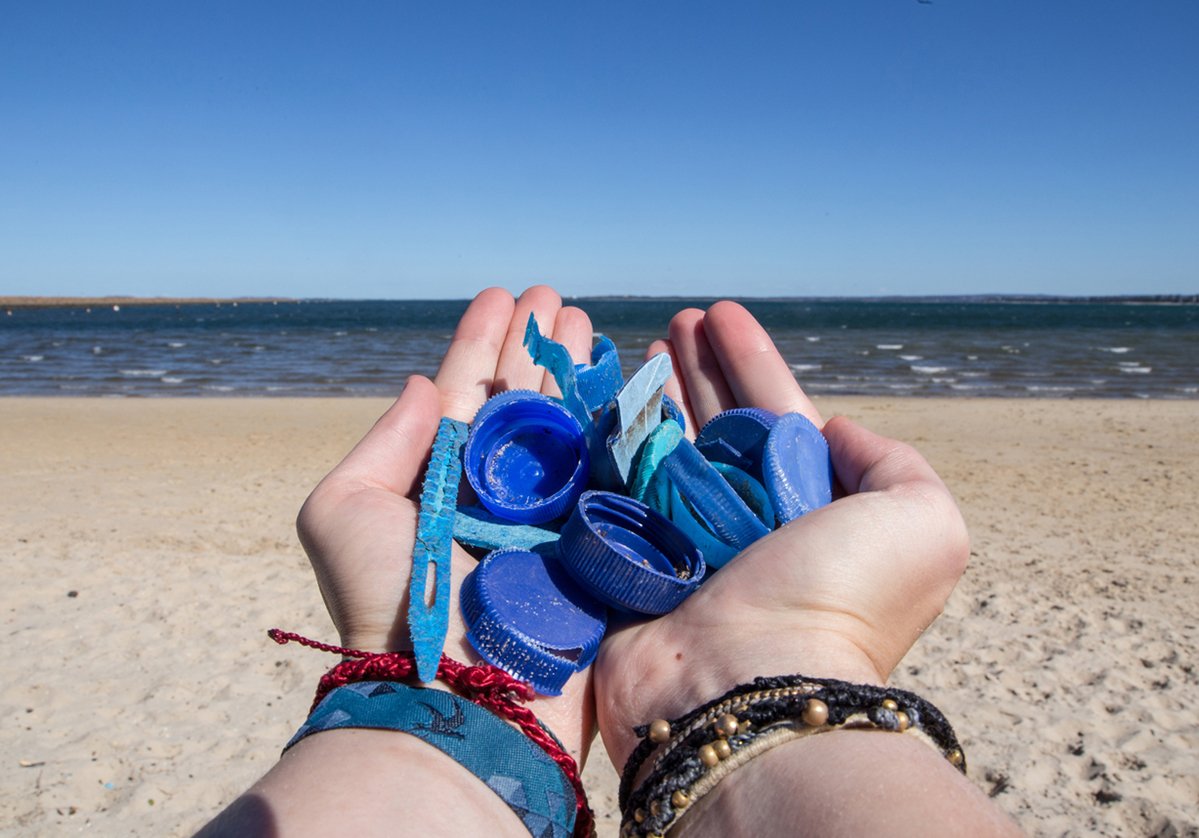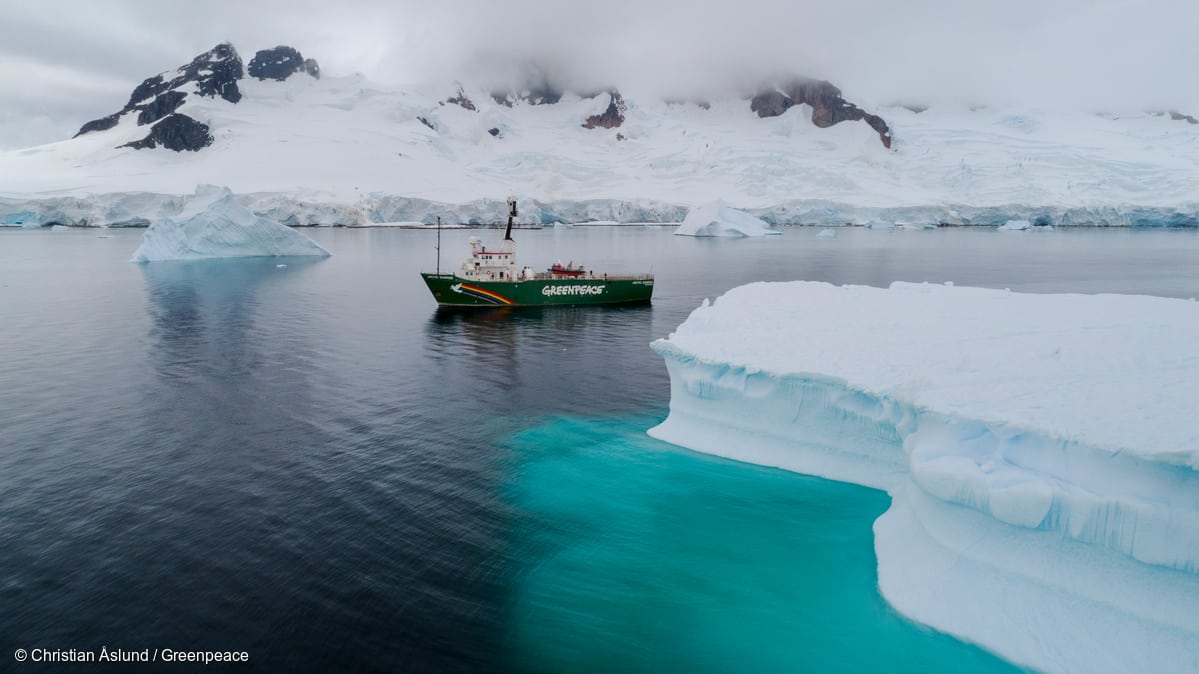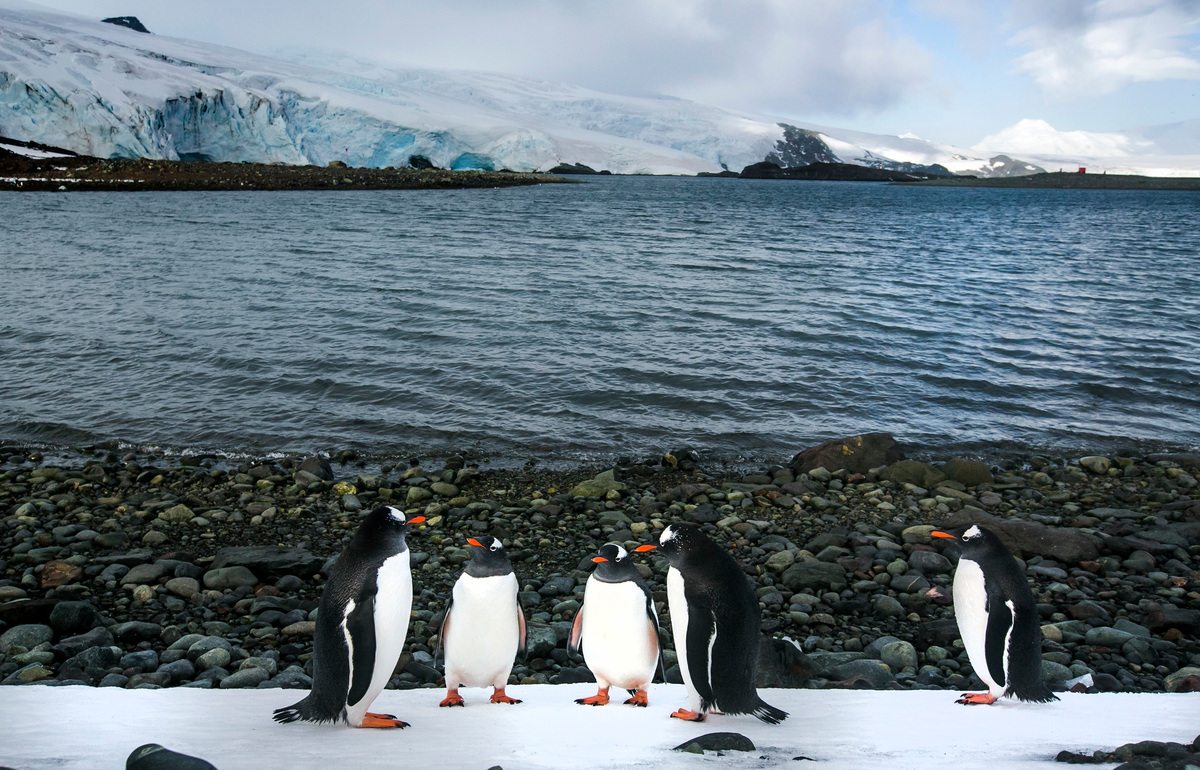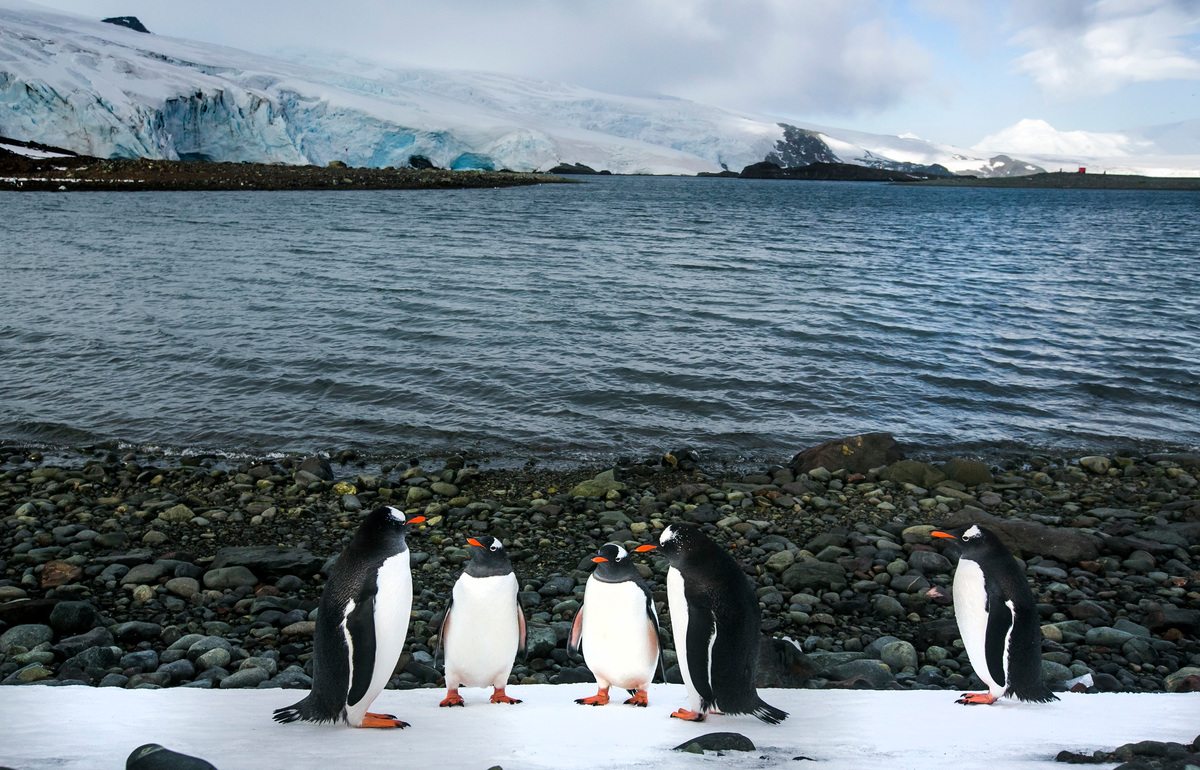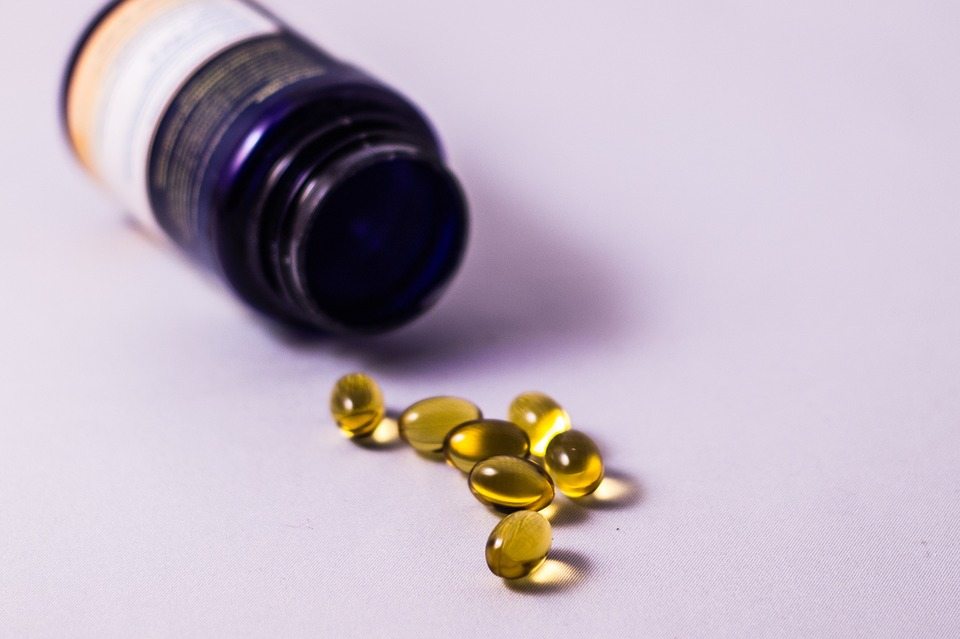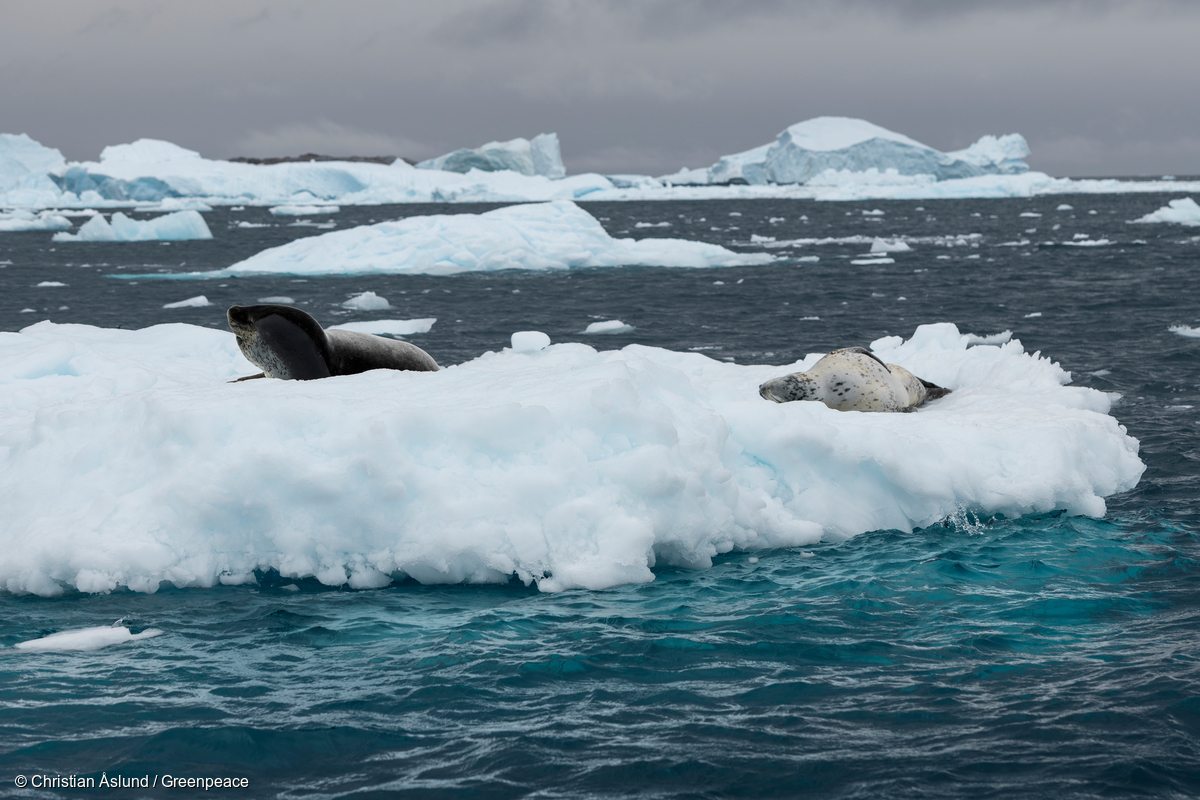All articles
-
Emma Thompson: “If we want to save orangutans from extinction we need to save their home”
The first time I saw an orangutan in real life, I nearly peed with fright! I heard a great commotion in the trees above me and there he was, swinging through the branches, his huge plate-shaped face staring down. Rang-tan is the story of a little girl and her orangutan friend forced from her forest…
-
Tackling plastic pollution at its source
Together let’s take on plastic pollution at its source: the corporations that produce it.
-
Plastic pollution reaches the Antarctic
BREAKING: Greenpeace scientists have discovered plastic and toxic chemicals in the Antarctic. Water samples from our scientific research expedition show that even the most remote and pristine habitats of the Antarctic are contaminated with microplastic waste and persistent hazardous chemicals.
-
History repeating as Greenpeace returns to the Antarctic
Greenpeace’s petition calling for the creation of an Antarctic Ocean Sanctuary has just surpassed one-and-a-half million signatures. With the help of a bevy of celebrities, Greenpeace’s campaign to create the largest protected area on Earth is gaining momentum. Gentoo penguins at Arturo Prat Station, Discovery Bay, in the Antarctic. An international Greenpeace team is on…
-
Your check in details
Thousands of people are ‘checking in’ to keep watch over the Antarctic Gentoo penguins at Arturo Prat Station, Discovery Bay, in the Antarctic. An international Greenpeace team is on an expedition in the Antarctic to document the Antarctic’s unique wildlife and to protest peacefully in order to strengthen the proposal to create the largest protected…
-
Tiny organisms, massive impact
Professor Rick Cavicchioli The lifeforms in the ocean that don’t appear on conservation websites are microorganisms – the ‘unseen majority’… Photo of the sea ice showing the brown phytoplankton| The lifeforms in the ocean that don’t appear on conservation websites are microorganisms – the ‘unseen majority’. Despite being invisible to the naked eye, they represent…
-
Activists confront krill fishing vessels in Antarctic to protect penguins and whales
Their call to protect the Antarctic is backed by more than 1 million people.
-
Is krill oil sustainable?
Krill oil is a lucrative industry and it’s looking to expand, but at what cost? Krill is often sold in products such as krill oil and Omega-3 tablets, as well as fishmeal for farmed fish and even pet food. But despite presenting itself as one of the best managed fisheries in the world, our latest…
-
Krill fishing industry stealing food from the mouths of Antarctic penguins and whales
SYDNEY, 13 March 2018 – With virtually no public scrutiny the krill fishing industry has edged its intensive fishing efforts to the borders of protected areas and feeding grounds, competing directly with whales and penguins for the krill that underpin the Antarctic food chain, a Greenpeace report reveals.The Greenpeace investigation has tracked the activities of…
-
Why should we care about krill?
When you think of Antarctica, most people think of penguins, seals, whales and even polar bears! Well, they’d be right (except for the polar bears – that’s the Arctic). But there’s one animal in particular that doesn’t get enough cred – the humble krill. Krill are tiny shrimp-like creatures that live in the Antarctic Ocean…

